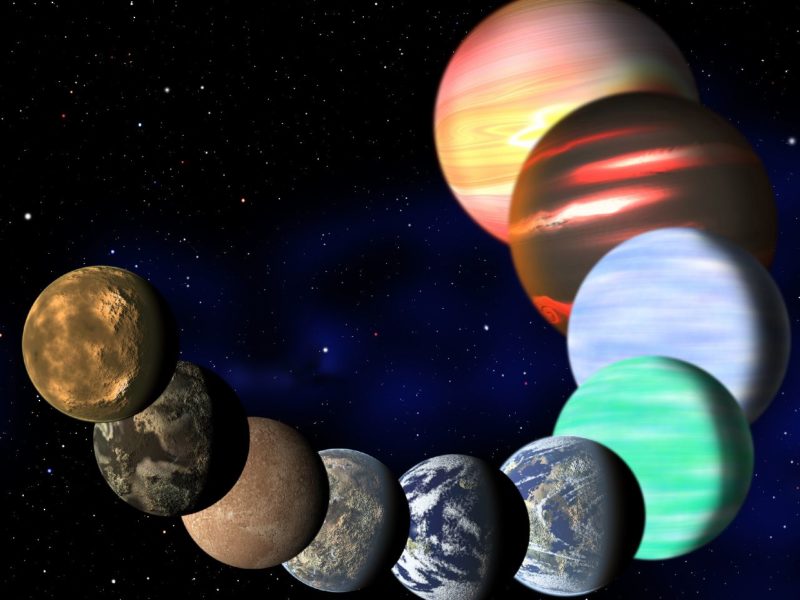Amado, Arizona
Astronomers spotted planets orbiting sun-like stars in a crowded cluster of stars for the first time. This is the best evidence yet that planets can form in dense stellar environments. The planets are called “hot Jupiters,” massive, gaseous orbs that are boiling hot due to tight orbits around their parent stars. Each planet circles a different star in the Beehive Cluster, a collection of roughly 1,000 stars that are bound together by mutual gravitational attraction. The astronomers discovered the planets by using the 1.5-meter Tillinghast telescope to measure the slight gravitational wobble orbiting planets induce upon their host stars.
UCLA, California
A study showed that having doubts about getting married predicts higher divorce rates and less marital satisfaction years later. Psychologists involved with the study reported that when women have doubts before their wedding, their misgivings are often a warning sign of trouble.
Justin Lavner, a UCLA doctoral candidate in psychology and lead author of the study, said, “Newlywed wives who had doubts about getting married before their wedding were two-and-a-half times more likely to divorce four years later than wives without these doubts. Among couples still married after four years, husbands and wives with doubts were significantly less satisfied with their marriage than those without doubts.” According to the study, when participants in the study where asked whether they were hesitant or uncertain about getting married, 47 percent of husbands and only 38 percent of wives said yes, but while women were less likely to have doubts, their doubts were more meaningful in predicting trouble after the wedding.
Munich, Germany
According to a team of astronomers at the University of Portsmouth and LMU University Munich, dark energy, a substance that speeds up the expansion of the universe, exists.
Over a decade ago, astronomers found that the expansion of the universe appears to be accelerating by observing the brightness of distant supernovae. The acceleration is caused by the repulsive force associated with dark energy which is thought to make up 73 percent of the universe.
In 1967 Rainer Sachs and Arthur Wolfe postulated that light from the cosmic microwave background would gain energy as it passed through the gravitational fields of matter, an effect known as gravitational redshift. In the absence of dark energy, there would be no correspondence between maps of the distant cosmic microwave background and relatively closer distribution of galaxies, but the existence of dark energy would lead to an effect where the cosmic microwave background photons would gain energy as they travelled through large masses. The Integrated Sachs Wolfe effect was first detected in 2003 but some scientists suggested other sources could create a similar effect, such as the dust in our galaxy. The team reexamined all the arguments against the Integrated Sachs Wolfe detection as well as improving the maps used in the original work and concluded with 99.996 percent certainty that dark energy exists.
Basel, Switzerland
Researchers with the University of Basel identified a specific dysfunction in neuronal circuits that is caused by autism. The researchers found that autistic individuals lack the gene neuroligin-3 which interferes with neuronal signal transmission. This leads to an excess production of a specific neuronal glutamate receptor which inhibits the adaption of the synaptic signal transmission during the learning process, disrupting the development of the brain. The researchers found that the impaired development of the neuronal circuit is reversible. When they reactivated the production of neuroligin-3 in mice, the production of glutamate receptors reached a normal level and the structural defects in the brain typical for autism vanished. This significant breakthrough could lead to an eventual cure for autism.

